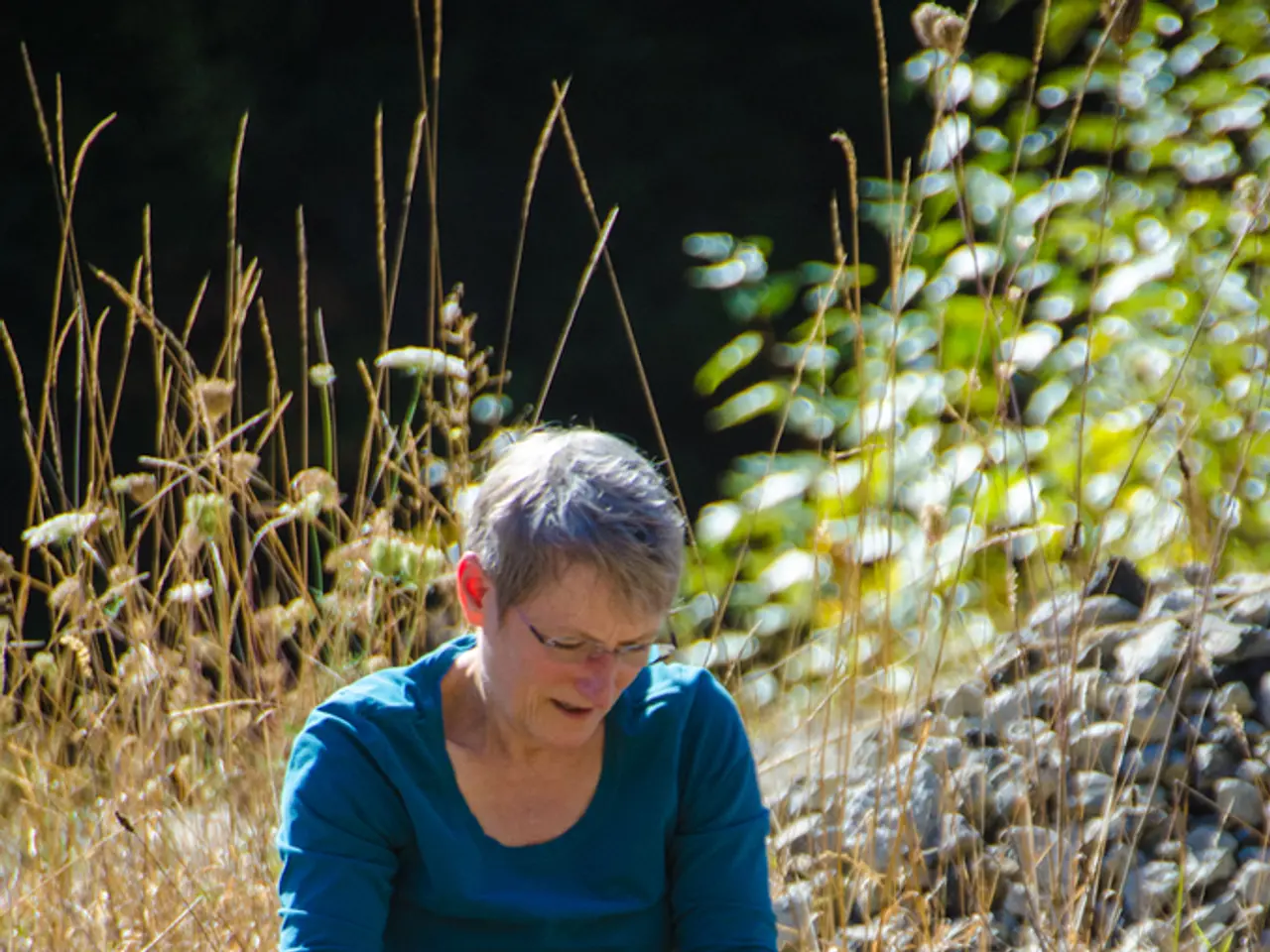Practical Guidance for Seniors in Gardening
Gardening with Seniors: A Guide to Safe and Enjoyable Green Thumb Activities
For seniors who enjoy gardening, maintaining a green thumb can be a rewarding and beneficial pastime. However, it's essential to consider safety and accessibility to ensure a pleasant and injury-free experience. Here are some key practices and tips for elderly gardeners.
Safety First
Walkways and pathways are crucial for avoiding falls and injuries. Always have someone around for safety and assistance purposes. This not only makes the experience more sociable but also fun. Stretching before gardening can help reduce joint stress and prevent injuries.
Ergonomic Gardening
Vertical gardening, with the help of raised beds and trellises, can make tending to plants easier without the need for bending or kneeling. Using safer and easier tools designed for seniors can further help reduce the risk of injury.
Choosing the Right Plants
Choosing plants that are low maintenance yet offer gratification is key. Indoor plants like snake plants, ivy, and succulents, or herbs like rosemary, thyme, basil, and vegetables like tomatoes, jalapenos, and zucchini are excellent choices.
Mindful Plant Selection
Avoid staking trees unnecessarily and consider soil health for plant nutrition instead of heavy fertilization. This approach not only reduces the risk of injury but also promotes a healthier garden ecosystem.
Outdoor vs Indoor Gardening
For seniors who have difficulty navigating outdoor gardens, indoor gardening can be a viable alternative. This allows them to enjoy the benefits of gardening without the physical strain of maintaining an outdoor space.
Health Benefits
Gardening provides numerous physical and mental health benefits, including improved balance, mood, stress reduction, and cognitive engagement. These benefits are particularly supportive for seniors, making gardening a valuable activity for maintaining overall well-being.
Managing Heat Exposure
Seniors are more sensitive to heat and sunlight while gardening. To manage heat exposure, it's recommended to garden during cooler parts of the day, stay hydrated, and take breaks to avoid overexertion.
Community Gardening
Creating a community garden space can offer social interaction and boost well-being. This shared gardening experience can be a wonderful way for seniors to connect with others and enjoy the benefits of gardening together.
In conclusion, adaptive gardening techniques combined with mindful plant selection create accessible, enjoyable gardening for older adults. By following these guidelines, seniors can continue to enjoy the rewards of gardening while minimizing the risks of injury and strain.
[1] [Source for safer gardening tools] [2] [Source for health benefits of gardening for seniors] [3] [Source for cognitive benefits of gardening for seniors] [4] [Source for best practices in elderly gardening] [5] [Source for managing heat exposure while gardening]








